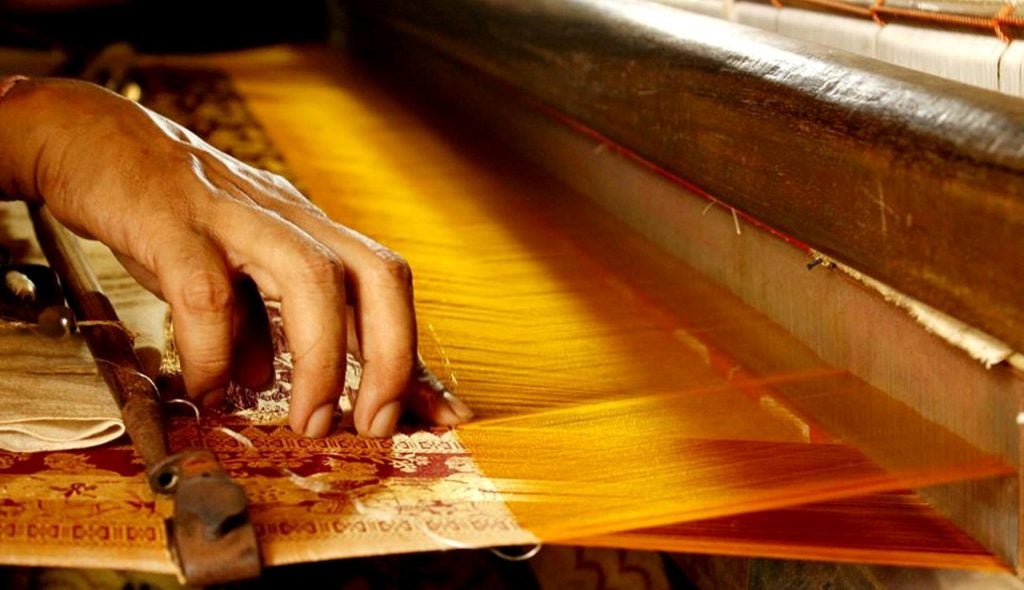
Workers in the Philippines garment industry could lose out if a new bill that proposes sweeping removal of tax incentives for the manufacturing sector is passed into law.
The TRABAHO bill, or Tax Reform for Attracting Better and Higher Quality Opportunities, aims to lower corporate income tax from 30% to 20% in ten years but will also rationalise tax incentives. The Confederation of Garment Exporters of the Philippines (CONGEP) had previously warned the incentive cuts would hit exporting industries in particular.
Speaking to local newswire The Manila Times at the sidelines of a press conference in Makati last week, CONGEP executive director Maritess Agoncillo said a study carried out by the group showed many jobs in the garment sector are at risk of displacement.
The research, made at the request of the Senate Ways and Means Committee to determine the impact of the bill, suggests small facilities with 1,500 employees could face closure within six months to one year. For mid-sized firms, job displacement is likely to hit up to half of 3,000-5,000 workers in 12 to 18 months. High-end factories, meanwhile, could reduce their 3,000 to 5,000-member workforce by 30-32% in a span of 12 to 18 months.
CONGEP previously said the clothing industry was struggling amid the uncertainties brought about by TRABAHO bill, prompting firms to “drastically” cut their selling prices to cope with competition.
See Also:
According to the re:source by just-style strategic sourcing tool, the Philippines is one of the countries that stands to benefit from the China-US trade spat, as brands look to diversify away from China and move their production to other Southeast Asian countries.
How well do you really know your competitors?
Access the most comprehensive Company Profiles on the market, powered by GlobalData. Save hours of research. Gain competitive edge.

Thank you!
Your download email will arrive shortly
Not ready to buy yet? Download a free sample
We are confident about the unique quality of our Company Profiles. However, we want you to make the most beneficial decision for your business, so we offer a free sample that you can download by submitting the below form
By GlobalDataHowever, on a minimum wage rate per month basis, the Philippines is still considerably more pricey than China and neighbouring Vietnam. Clothing production is also more expensive. For example, the cost to produce a single white T-shirt in China is US$1.40, compared with $1.14 in Vietnam and $1.62 in the Philippines.







